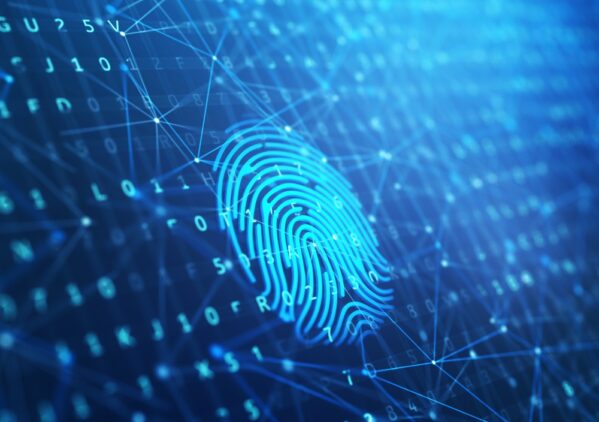Online privacy has become a major concern in the digital age. With the advent of social media, e-commerce, and other online services, people are sharing more personal information than ever before. Unfortunately, this has also led to an increase in online identity theft, data breaches, and other cyber crimes. Blockchain technology has emerged as a potential solution to this problem, offering a secure and decentralized way to protect online privacy.
What is Blockchain?
Blockchain is a distributed ledger technology that uses cryptography to secure and verify transactions. It was originally developed as the underlying technology for Bitcoin, the first decentralized cryptocurrency. However, it has since been adopted by a wide range of industries for its ability to provide secure and transparent record-keeping.

How Blockchain Improves Online Privacy
Blockchain technology can improve online privacy in several ways:
- Decentralization: Unlike traditional centralized systems, where data is stored in a single location, blockchain is decentralized. This means that data is stored across a network of computers, making it more difficult for hackers to access and manipulate the data.
- Cryptography: Blockchain uses advanced cryptography to secure transactions and data. This makes it virtually impossible for hackers to break the encryption and steal or manipulate the data.
- Transparency: Blockchain is a transparent technology, meaning that all transactions are recorded on a public ledger. This can help to prevent fraudulent activity and ensure that data is accurate and trustworthy.
Examples of Blockchain Applications for Online Privacy
There are already several examples of blockchain applications that are being used to improve online privacy:
- Identity Verification: Blockchain can be used to create a secure and decentralized system for verifying identities. This can be particularly useful for online services that require users to provide personal information.
- Data Storage: Blockchain can be used to store sensitive data, such as medical records or financial information, in a secure and decentralized way. This can help to prevent data breaches and identity theft.
- Online Payments: Blockchain can be used to facilitate secure and transparent online payments. This can help to prevent fraud and ensure that transactions are accurate and trustworthy.

Blockchain technology has the potential to revolutionize online privacy by providing a secure and decentralized way to protect personal data. While it is still a relatively new technology, there are already many applications being developed that could have a major impact on online privacy in the years to come.

